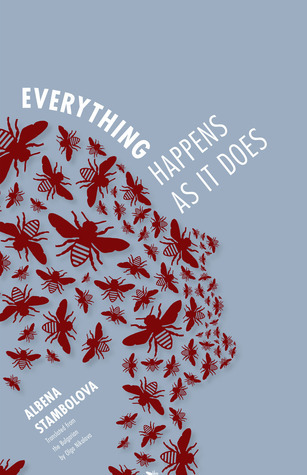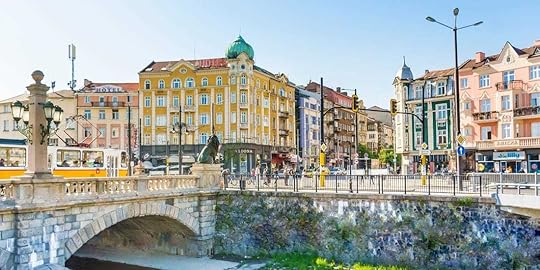What do you think?
Rate this book


110 pages, Paperback
First published January 1, 2002


this story considers itself the story of everyone. i don't know if this is true. you will be the one to decide.stambolova's slim novel features seven main characters (and some ancillary ones) whose lives inevitably intersect in ways acutely representative of those in the real world. these relationships (familial, friendly, or romantic) are marked, like their non-fictional counterparts, by hardship, drama, miscommunication, and unresolved feelings. given stambolova's extra-literary pursuits, it's unsurprising that so much of the narrative insight into the characters' lives are shaded by psychological influences and motivations. her novel, however, is not a family drama or love story gone awry, but, instead, an accurate portrayal of our often messy lives in miniature. heartbreaks, betrayals, indifferences, and unspoken hopes and fears abound.
i myself am certain that all stories are love stories, so i have refrained from classifying it as such.
it is simply the story of women and men who are mothers and fathers, sisters and brothers, loved ones and friends... or, in a nutshell, of people who are tigers and lions, oranges and lemons.
this story is neither funny, nor sad. it is simply a story that takes place somewhere on the border between the world we know and the world we are no longer very sure about.
movement and silence hand in hand. intimations of other silences, of other movements, of someone walking next to someone, hovered around them. each bend in the path made him anticipate the next. it was anticipation too brief to invite fear, under the dome of the indefinite woods, dimensionless like a house never visited.